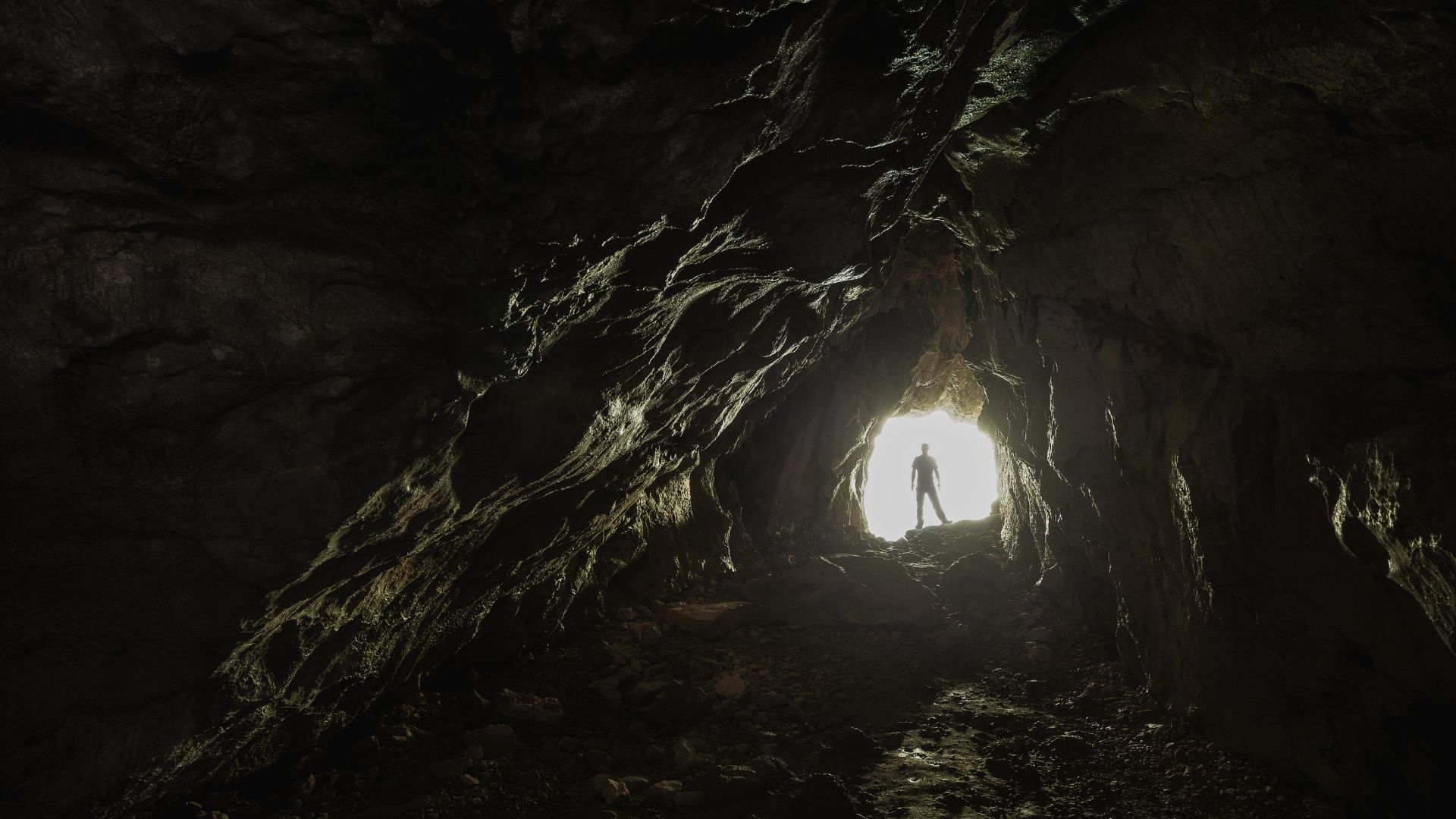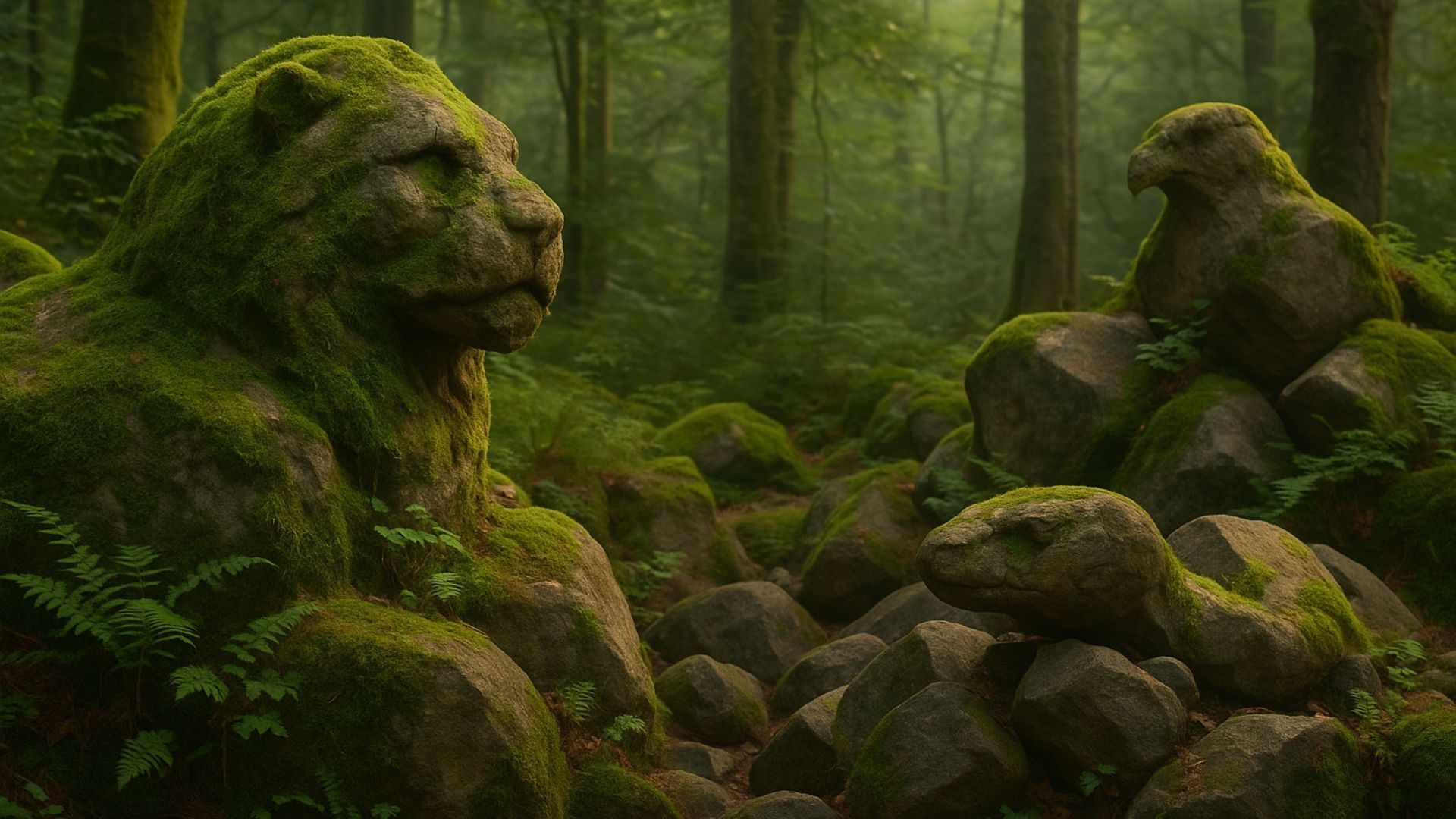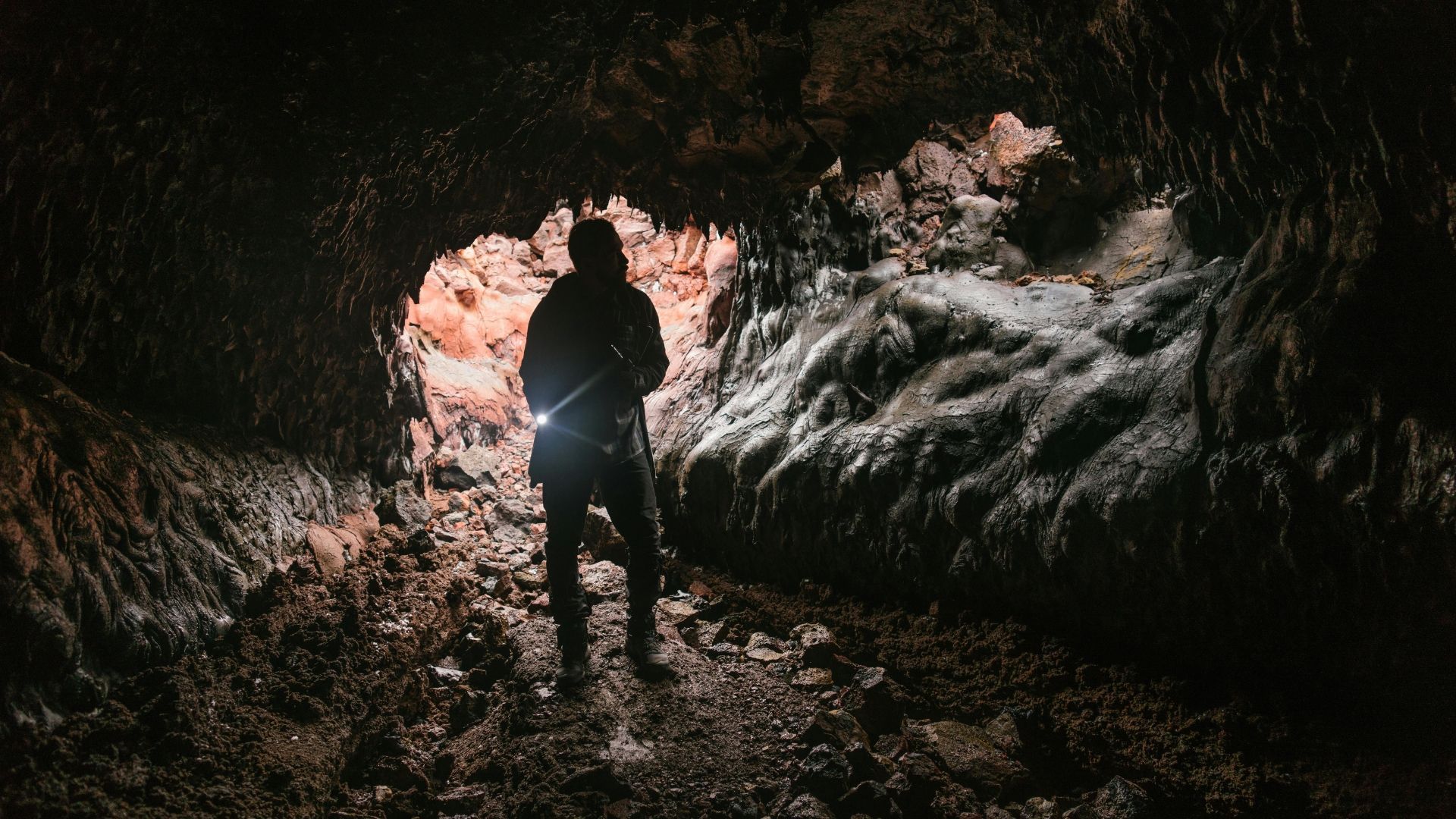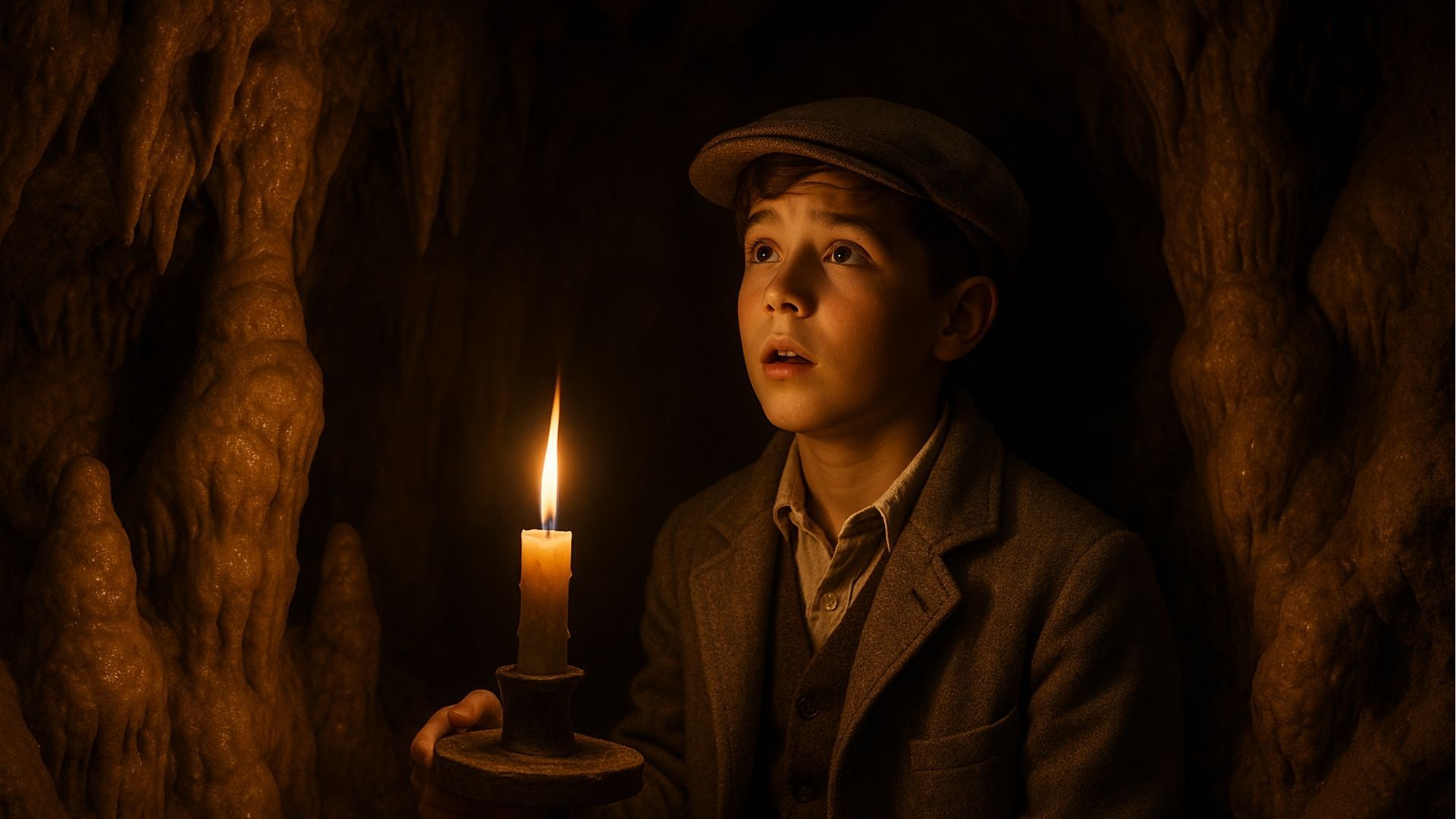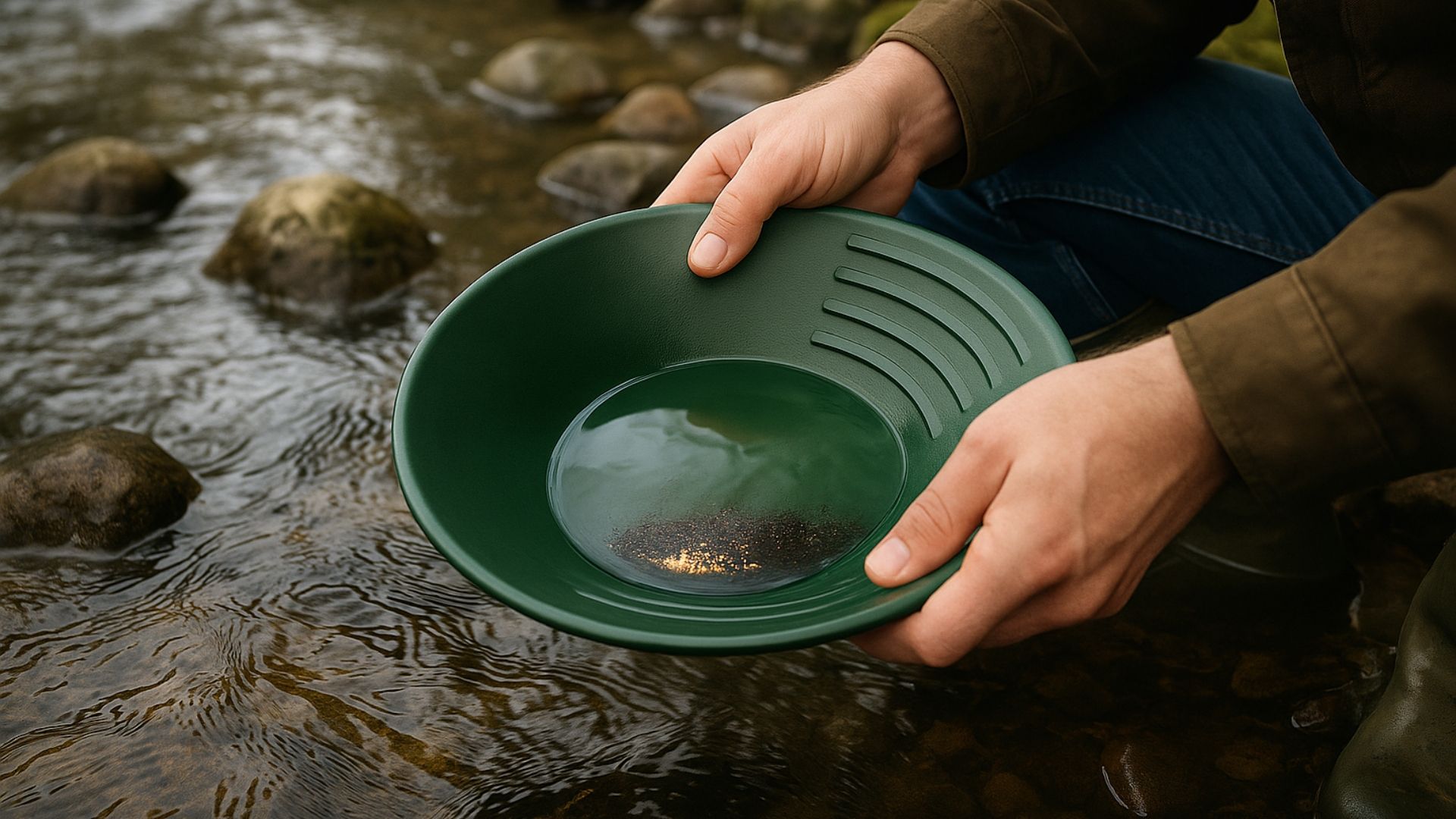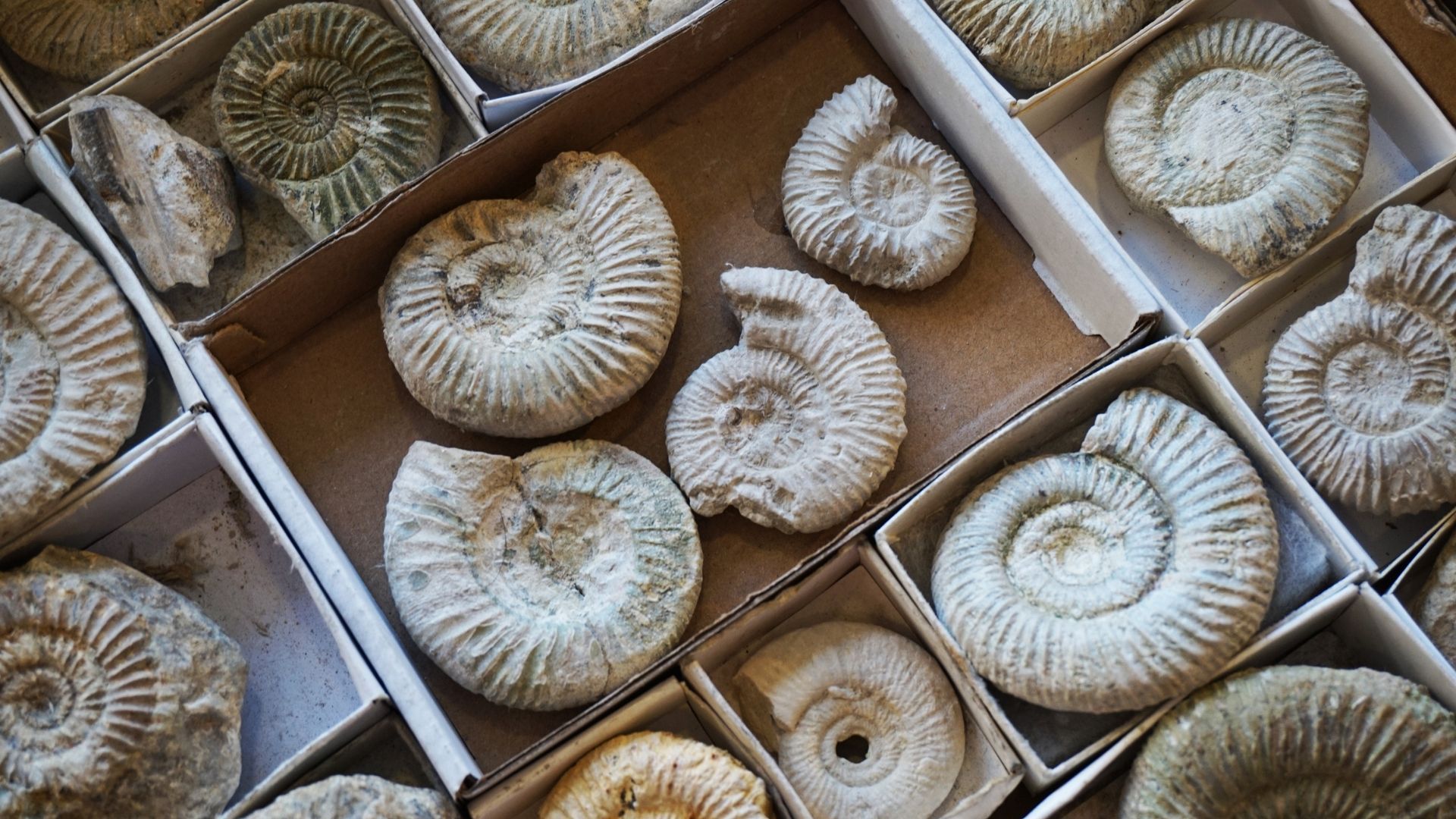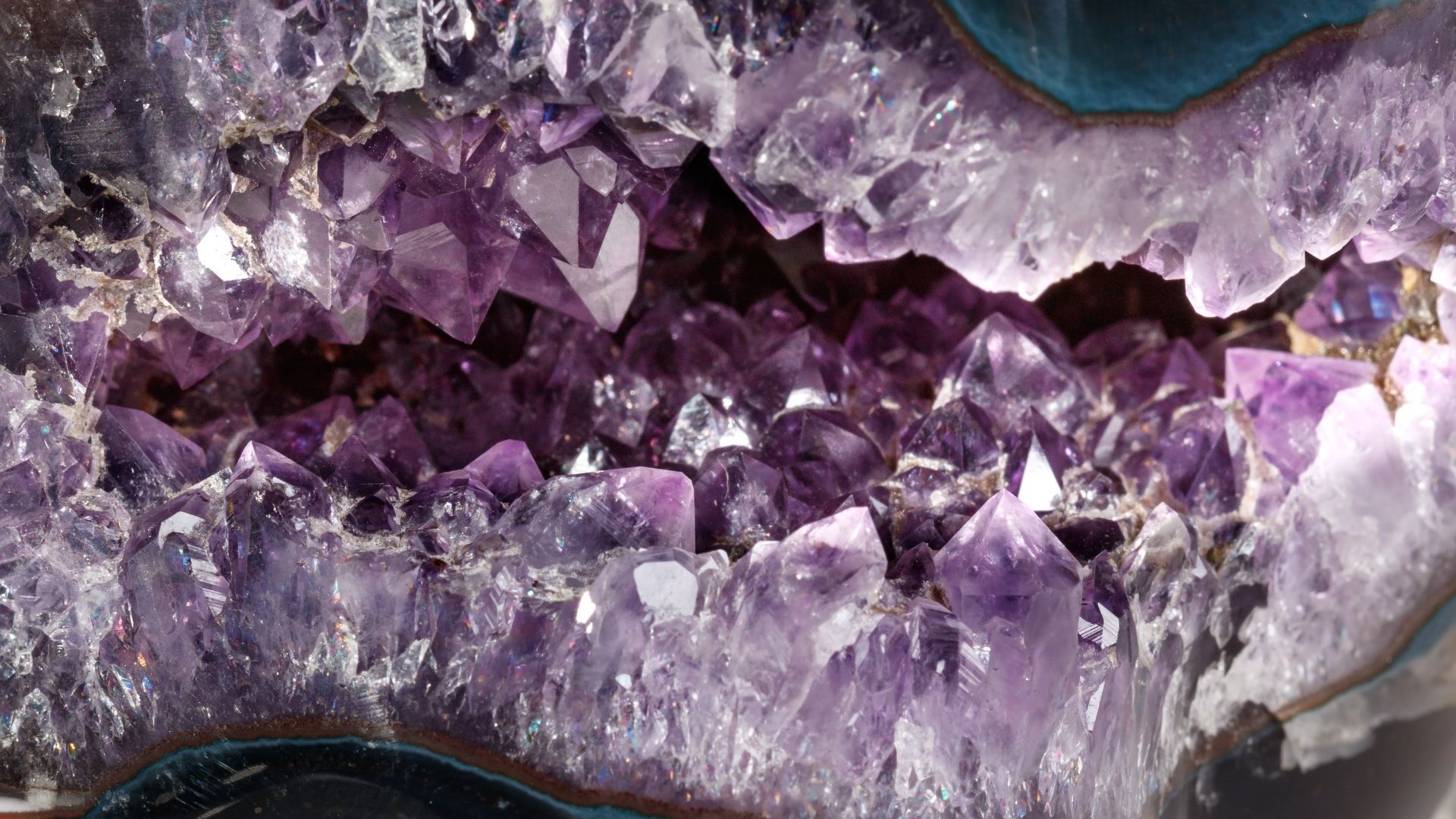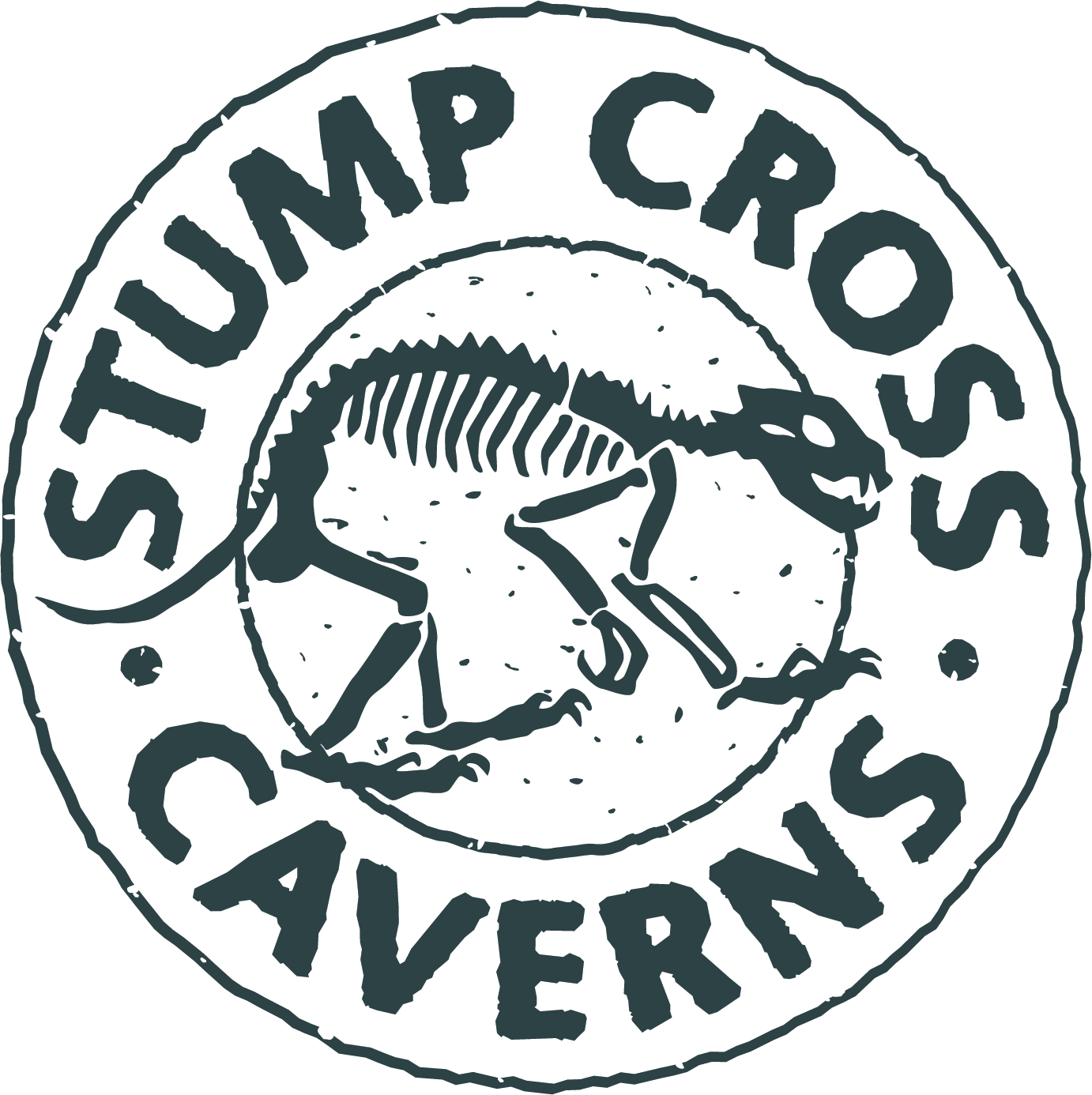Science and solitude: what one man learned about life underground
In 1963, Geoff Workman spent 105 days alone in a cave. What did we learn from his trip? Let's find out.
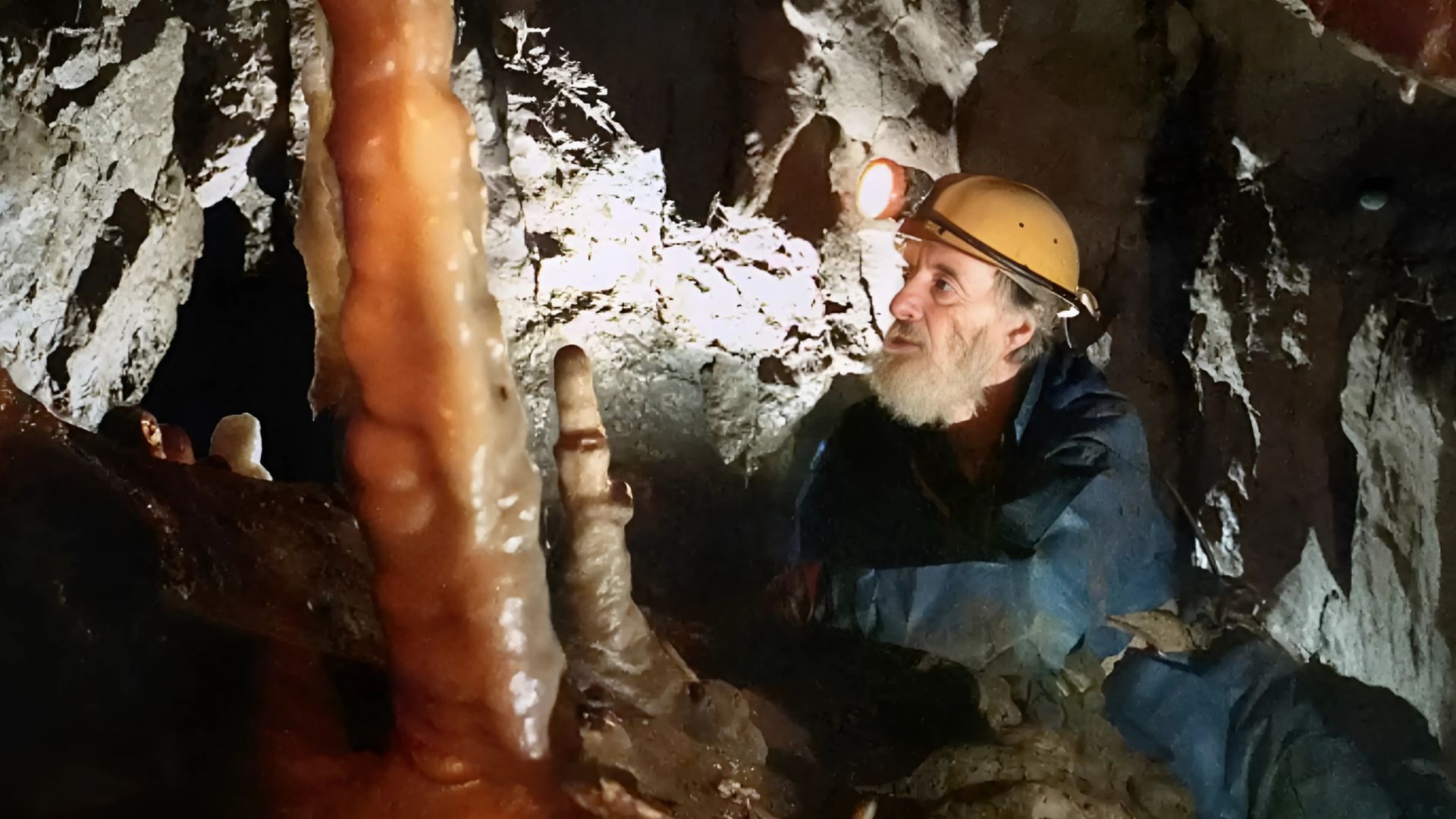
Geoff Workman was a scientist, a dedicated caver and a Stump Cross legend. As a lifelong member of the Craven Pothole Club, he did much to improve our understanding of Stump Cross Caverns and other Yorkshire Dales caves.
He was a man with many achievements to his name and a tenacious appetite for discovery. Geoff, ever the explorer, was still poking around local potholes well into his eighties.
His crowning success, however, came at a relatively young age. In 1963, when Geoff was in his early thirties, he spent 105 days underground at Stump Cross Caverns – breaking a world record in the process.
Thanks to Geoff's meticulous accounts, we know a fair bit about his life underground.
We know, for instance, that Geoff topped up his drinking water by leaving a pan underneath a dripping stalactite. We know he celebrated his record-breaking achievement with a slap-up feast of mushroom soup, mashed potato and strawberry jelly. And we know he didn't get bored – despite not seeing another human being for the best part of four months.
"I had decided before I started that it would be best if I gave myself a big enough workload to keep myself busy all the time", Geoff wrote in his book 105 Days Below. He went on to provide a prodigious list of tasks, including photography, surveying and "carrying out medical studies to see how the underground camp was affecting the body".
Clearly, Geoff had plenty to do underground – and his daily rota of experiments shows that he was interested in the science behind his solitude.
But one question remains: why? What did Geoff hope to learn from his subterranean vacation? And what did we learn from it all?
Let's find out.
Why did Geoff spend 105 days underground?
Geoff's underground jaunt occurred just two years after Yuri Gagarin became the first man in space.
We know that Geoff was a man with a scientific mind – and that he took a keen interest in the nascent Space Race. Was he setting out to prove, as some have suggested, that humans could cope with the isolation of spaceflight?

A contemporary news report paints a somewhat bleaker picture. "[Geoff] wanted to prove that, if we had to go into caves in a nuclear war, all we need do is wrap up warm and take down a lot of food." Crikey.
Both these reasons may be true. Back in the early 1960s, the Cold War was in full freeze. It's not unreasonable to assume that conflict and the cosmos were playing on Geoff's mind.
The official reason, however, is a little more prosaic. As Geoff detailed in a report from 1973, he was mainly interested in proving that "underground camps for prolonged periods could be safely carried out". Indeed, he had previously set a world record in 1953 after camping alone for 14 days at Gaping Gill in the Yorkshire Dales.
However, his theory had suffered some recent setbacks.
In September 1963, a Frenchman by the name of Michel Siffre emerged from an Alpine cave. He had spent 63 days camping alone – and he was in a bad way. As Geoff noted, "Newspapers suggested that he was in a state of physical and psychological breakdown at the end, and he had to be helped out of the cave".
Shortly thereafter, Australian caver Bill Penman gave up on his cave-sitting jaunt after 64 days. "This was due to general deterioration and failing eyesight", remembered Geoff.
These failures suggested that humans couldn't withstand more than two months of underground living. But Geoff was sceptical. "I was convinced that the apparent limit was a false one", he wrote. "It appeared that the fault lay not in the human body, nor in the individuals concerned, but in the techniques and methods used."
So, Geoff began planning his own expedition. Initially, he set out to prove that humans could withstand underground isolation for three months. Little did he know that he'd end up smashing that target by nearly two weeks.
What did we learn from Geoff's stay?
Geoff's main motivation was to show that humans could stay underground for three months with no long-lasting ill effects.
Of course, he proved this beyond any reasonable doubt. In fact, even after three months underground, he seemed to be clamouring for more. "There was no sign at all of any approaching human barrier to a much longer stay", he wrote after emerging from the cave. "The human body had thus been shown to be completely adaptable to the conditions of the experiment."
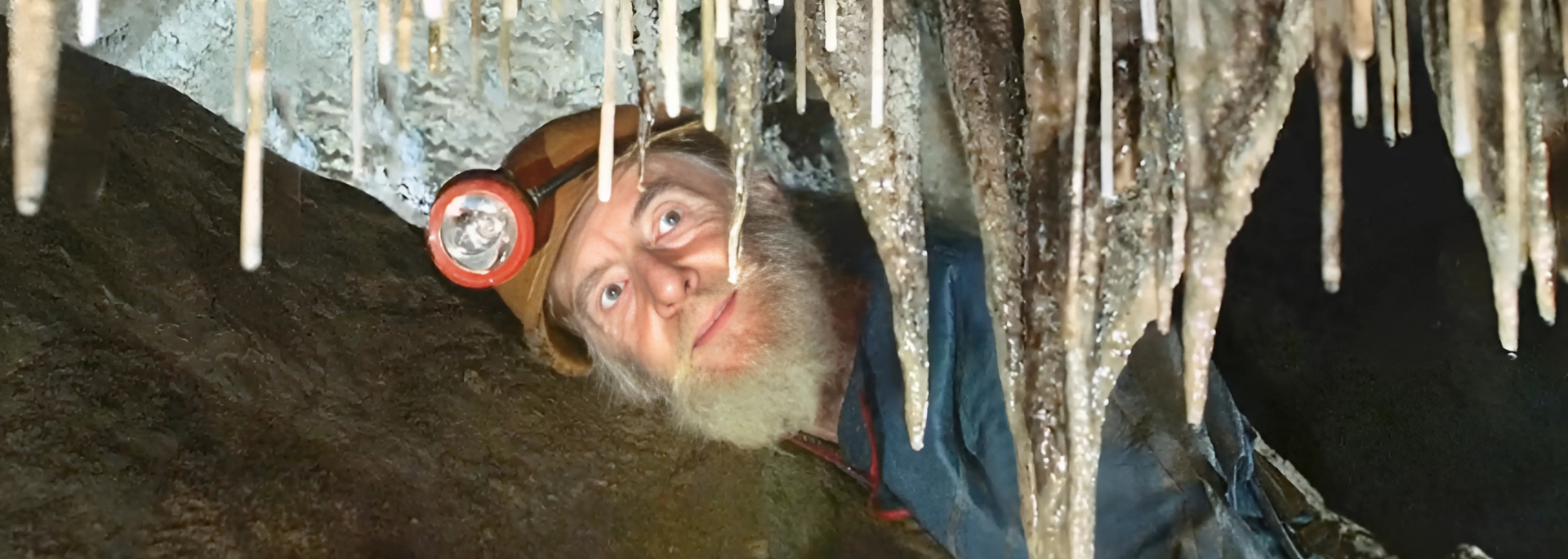
Geoff carefully monitored his health while underground. He took measurements of his pulse, temperature, muscular strength, sleep patterns, mental fitness and more.
The only notable disruptions he recorded were to his sleep cycle and biological clock. Geoff was otherwise fit and healthy. He even suggested that there may have been "a slight improvement in some directions". For instance, he made a habit of testing his mental acuity with daily crosswords – and he scored some of his fastest completion times in the last month of his stay.
Science aside, there are some interesting tidbits in the report that help cast light on Geoff's psychological state within the caverns.
He reveals, for instance, that he hallucinated the sound of a ringing telephone on several occasions. His psychologist later concluded this was down to stress – "for example, when I had been told that someone had threatened to break into the cave and wreck the equipment".
We also learn about his experience od leaving the cave. "I was stopped at the middle door by the television camera team," he remembers. "Their brilliant floodlamps merely caused a moment or two of blinking before the eyes accommodated to this exceptional light."
He went on to note that he had no trouble adjusting to daylight. And, being a dyed-in-the-wool scientist, he concluded that the need for special glasses after long periods of darkness "was nothing more than a myth".
Later, Geoff was driven directly from the cave to his psychologist's office. "The car was driving exceedingly fast [around] winding and hilly country lanes," he recalled.
"The general opinion of psychologists was that the appearance of rapidly approaching objects would cause considerable fear after the peace and quiet of the cave. No such strain was noticed."
Perhaps the psychologists were wrong all along. Or maybe Geoff was just made of strong stuff.
Want to experience the caverns where Geoff Workman made history all those years ago? Visit us at Stump Cross Caverns and discover a world of ancient secrets, magnificent rock formations and underground mysteries. It's quick and easy to book your tickets online.

